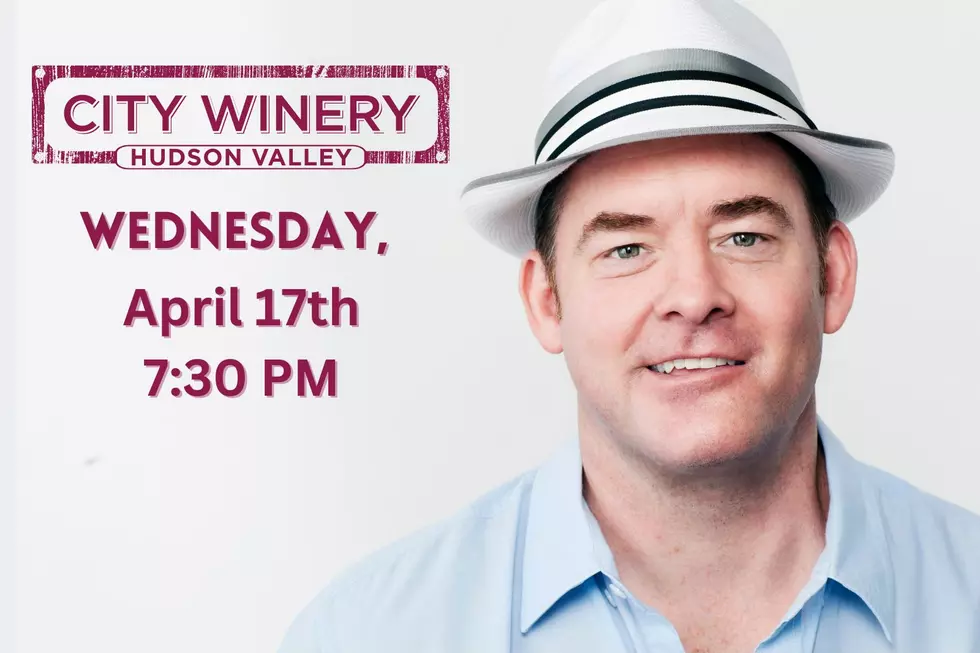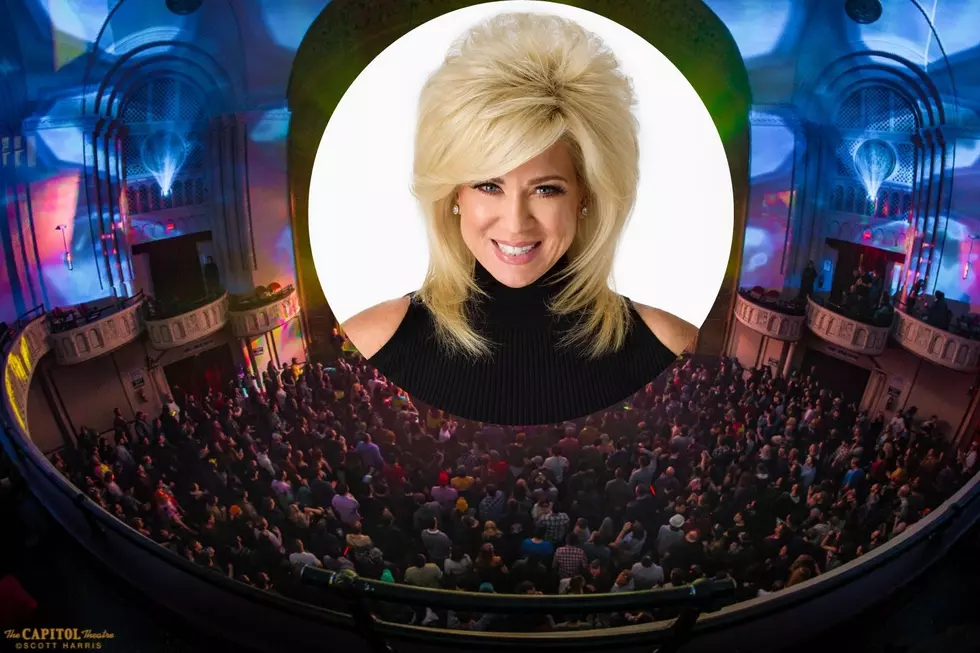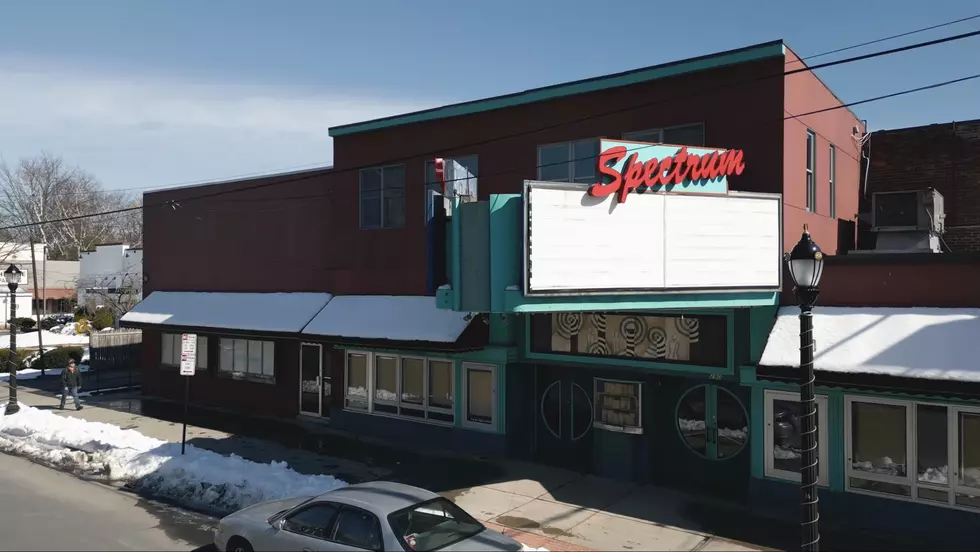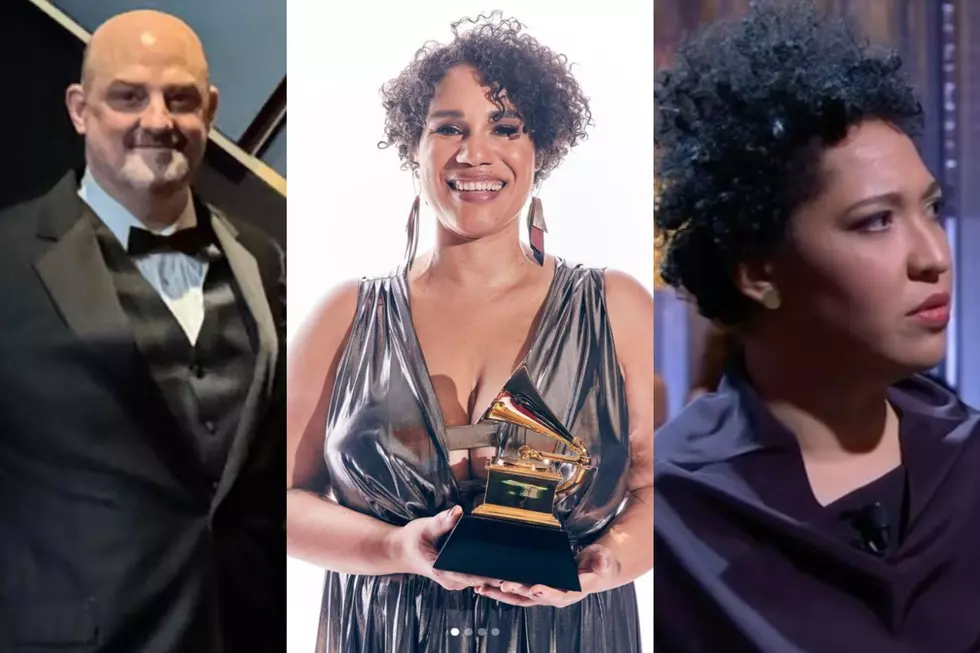
How ‘Transparent’ Revolutionized Gaby Hoffmann and Jay Duplass’ Lives
Transparent creator Jill Soloway often speaks about her Amazon series with the same words that Judith Light’s Shelly used in the show’s third season: “When one person in a family transitions, everyone transitions.” Since Maura Pfefferman (Jeffrey Tambor) came out as transgender in Transparent’s debut season, each member of her family has turned inwards to investigate their own identities. And in the series’ fourth season, Transparent goes even deeper as each of the Pfeffermans confronts their own buried trauma.
This year the Pfeffermans take a family trip to Israel, where Maura, now teaching again, is giving lectures on Judaism and gender. Throughout the season – SPOILER alert – Maura learns her father is alive and reconnects with her estranged family; Gaby Hoffmann’s Ali becomes passionate about the politics of the Israeli-Palestine conflict and begins to wrestle with her gender; Josh (Jay Duplass) faces the ghost of Rita (Brett Paesel), Sarah (Amy Landecker) and Len (Rob Huebel) sexually experiment with polyamory, and Shelly continues to grapple with the sexual abuse revealed last season. It’s safe to say, this season is heavy.
That emotional intensity doesn’t just exist within the show’s fictional world. During an interview in New York, both Hoffmann and Duplass told me about getting vulnerable on set, and how they often rely on one another for emotional support and creative feedback. “If we didn’t have each other, it might be too much,” Duplass said. The actors spoke about how the show has revolutionized their lives, and the importance of making it during the Trump administration. Hoffmann also told me about Ali’s gravitation towards identifying as nonbinary, while Duplass spoke about shooting his heaviest scene yet, which got cut from the new episodes, but may show up in Season 5.
I watched the whole season last night and cried at least four times. It feels much heavier this year than in previous seasons.
Jay Duplass: [Laughs] Our goal was to make it –
Gaby Hoffmann: It was supposed to be lighter! But I didn’t know how that was going to happen, given the climate we were making it in.
The family’s trip to Israel is a big impetus for Ali and Josh’s personal journeys this year. Why did going to Israel feel so essential for the Pfeffermans?
Duplass: Well I think everything starts with Maura and she drives that A plot. It’s her obviously going for a lecture, but once she finds out that her father is there, I think the show is, like every year, Maura jumping off of a cliff and the whole family just going after her. And that’s exactly what happens in this season. The pull and the draw – I mean, the show is about confronting our past and facing it and owning it. So I think it’s a very literal way of all of the Pfeffermans confronting their shared history and evolution.
The political themes this season are also tied to your character arcs. Ali becomes invested in the Israel-Palestine conflict. How did you connect the politics of that to the journey she’s on with gender?
Hoffmann: Yeah. Ali’s been having these experiences for a couple of years now with a God-like presence or query or hallucination, they come in different forms. But I feel like she might not remember when she is running toward Maura and saying, “I want to come to Israel with you,” but she has been looking for God quite deliberately for a while, or at least thinking about it. And then she decides that the anxiety that she is experiencing in her home, and when I say home – the house she grew up in, Los Angeles, her body, America with the president we have – the anxiety she is feeling in her home in untenable and then the poem [Cherry Jones’ Leslie] writes is like the funny, last straw that gets her to Israel, Palestine. I used to just call it Palestine, now I’m trying to call it Israel-Palestine.
Once there, even though she’s still Ali, the first moments of seeing Tel Aviv, she’s also checking her f—ing Twitter account. “Oh look at this, here we are in the Holy Land. Who retweeted me?” So she’s still totally self-obsessed with that need to connect, connect, connect in the wrong ways. But I think once she gets there and through the seduction of life, is brought across the border into this other world where people are not interested in who is retweeting them but people are activated and excited by something outside of themselves.
[It] excites her and ultimately reminds her that she is looking for something that’s bigger than even her sexual or gender identity. And I think that thing is God. And in this place she feels things shattering. These are old constructs, and ideas and narratives, be they about the politics and the history of the Jews and the Arabs in Palestine, or be they about gender or be they about who she is in relationship to this family. And it’s a sense of God. It’s a sense of something bigger, and something that is unified and unifying and thus is non-binary. So I think it is all very much the same thing. I’m sure Jill thinks of it, I know she thinks of it in a similar way. But that’s my way into the gender stuff. As being a way to get to that, as part of that other stuff, if that makes sense.
How much did you know of the direction of your characters from the beginning of the show? Back in Season 1, did you know Ali would be in this place with gender? Jay, did you know that Josh would be deeply reckoning with his trauma from Rita?
Duplass: Nobody knew.
Hoffmann: This is a living thing that Jill is getting to know every day. There is no bible or map.
Duplass: And we’re all creating it and unfolding it and giving feedback to Jill and suggestions, but also getting out of the way so that it can come through. And it’s a lot to sit with. We talk about how you get this anxiety as you’re coming towards it and it’s not even intellectual anxiety, cause usually it’s intellectual. It’s almost like bodily anxiety. Because you know that you are going to experience trauma and you’re going to inflict trauma on other people.
It is amazing because it is a mirror and we’re doing a service. But it is a lot to do and to wait for. A lot of times we feel like we’re sitting in our trailers thinking and brewing and waiting to pounce. And it’s a TV show; we shoot a lot of stuff and we get out there and you might just get two or three takes and you just have to let it rip. So we have to be ready to pounce and it’s insane. It’s totally infuriating. And also what else would you ever want to do in your entire life? Like what else is there?
What’s the energy like when you’re on set?
Hoffmann: It’s everything. It’s very emotional and rich and fun and funny and loving and totally exhausting. [Laughs] We’re all also similar in a lot of ways, sensitive in similar ways and also caretakers and also processors. So it’s not like we go shoot something and then we’re like, “Alright, I’m going to go read or take a nap.” It’s [makes crazy humming noises]. You know? It’s a lot of energy. But it’s very honest experience and I think that’s what we a;; value over anything else. So we’ll take that. If we’re exhausted at the end of the day, it’s worth it.
Duplass: And the anxiety tends to come from the insanely high expectations that we have for the show. Just doing season one and having the experience of people coming up to us and saying, “You made it okay for our family to have Thanksgiving together. We’re having Thanksgiving now because of you guys.” I’m about to cry thinking about it. And so the sense that we are a part of changing the world for good and sort of tearing down walls. So we all feel we have to give our best. We’re so awakened by the potential of the show that it does sometimes wreak a little bit of havoc on us personally. But again, it’s just like what the f–k am I here for otherwise? What else would I be doing?
What was it like making this show today in post-Trump –
Hoffmann: I wish we were post-Trump.
Gosh, me too. Sorry, I meant post-election. In light of Trump’s trans military ban and recent anti-trans legislation, what is it like to make a show that’s so important to the trans community?
Hoffmann: Yeah, the military ban happened after we finished shooting, but I know what you mean in a more general way. Selfishly, it felt really good to be able to go to work a couple of weeks after the inauguration and start shooting this season in February. Because I personally was, I didn’t have anywhere to put my feelings in the moment that it happened. I wasn’t prepared for it, even though I thought Trump was going to win, I wasn’t prepared for it. And I was just really relieved to have a place to go where I was going to gather every day with, I don’t know how many people are on our set, where everybody had the same intention, which was just to create more compassion and humanity in the world. And in response to that insanity and to the legislating of dehumanizing people, it feels really good to go to a place where our job is to be as human as possible. I don’t know what it’s doing for other people, but that’s what it’s doing for me.
Duplass: But that’s also part of the pressure of knowing that we have an incredible platform. The way that Jeffrey talks about it is, we have a chance to change things. So we show up like crazy every day. We just want to be utilized to the fullest extent. It feels imminent. It’s great in that way. That struggle to share and to create a story that is going to wake people up.
Hoffmann: And the incredible privilege of going to work everyday, and it is work and it is our jobs and it is where we make our living and pay for our children and pay for our homes. And to be able to go to work to a place that is a safe harbor for the very people that feel under attack, and to be able to participate in the values that we all live our lives by at work, that’s unusual. And I take that for granted that I don’t have to walk into an office where maybe my boss voted for that motherf—er. You know? That we can all go to work and start our day maybe crying together because we’re so upset. That we can bring that into our work. That in it of itself is a real big deal.
How have those relationships, between the rest of your cast and the crew, evolved since you first started four years ago?
Duplass: Jill put the family together. She made a family. We have our own relationships [motions to Gaby] we’re like brother and sister and we communicate all the time. I mean, the show has revolutionized our lives. So it’s just amazing that it’s happening individually in the show, in the world and then interpersonally with us and that we can talk about it. Because it is complicated and it is all happening inside of our bodies on set. We were just talking – if we didn’t have each other, it might be too much. We can talk about it and understand what is happening through us and it is f—ing great, but it is also traumatic and it’s a lot. But I don’t know, we’re obsessed with each other.
[Laughs] It shows on screen. The sibling chemistry between you two is so great. Is there a particular scene each of you have this season that felt especially heavy that you were grateful to have one another on set for?
Duplass: I shot a scene that wasn’t included that was one of the heaviest I’ve ever shot, and we’ve done a lot for Josh. I had to have Gaby and Amy [Landecker] there while I was shooting it because Jill wasn’t able to be there. We’re all sort of deputized to make this show the best that we can and we are a family and we support each other. And I never could have done it without these guys being there. It was a really big and confusing thing to do, and it’s very hard to describe the situation, but it was something that just got delivered at the last second and it was like this, really big thing. So these guys came and they were there and it went amazingly well. So it happens every day.
That’s a bummer it was cut.
Duplass: It might be used next season, I don’t know. We’ll see. It’s okay, because I’m here to serve.
Hoffmann: It only just didn’t fit in the season as it evolved and became what it is. And we shoot a lot of stuff that doesn’t make it in.
Duplass: Oh yeah. A fourth of what we shoot does not go into the show. Maybe more.
Hoffmann: Because we’re trying a lot of things.
Duplass: There’s probably 33 percent more that we shoot, and it’s not extra takes. It’s like scenes –
Hoffmann: Storylines.
Duplass: Sequences that get cut. I have a whole sequence that got cut this year but it’s like, we’re all serving this purpose. Because we have that experience together, it’s just part of the building of the culture of our family and it doesn’t make it any less great to me that it was cut. We still got to do it. And it was a victory, it was like a human victory to do it in the way – I know it’s all very vague, but it’s a very long story.
Hopefully I’ll get to see it next season. Gaby, did you have a scene in particular that was especially heavy to shoot?
Hoffmann: Yeah, I did.
Duplass: The airport [scene in the finale]?
Hoffmann: Yeah. It was a similar thing where something changed at the last minute or was rewritten at the last minute. It was a particularly hard day and we had a wonderful director for that episode, but I couldn’t get at it at all and it was the same thing. It was Jay and Amy, I turned to my, you know, my brother and sister and they were with me every step of the way. They were my north star. And that’s often true, but sometimes it’s a little bit more active. Like, “Actually I need you to come over here and talk me through this” and “Actually I need to check in with you after every take.”
It’s the fault of no one. It’s just the beautiful truth that we know each other better than anybody on set knows us. Jay, Amy and I in particular but also Jeffrey and Judith [Light] and we know each other as actors. So I can look at Jay and say, “I know that you, Jay, and I know that you Jay as an actor aren’t getting to where you can be and should be getting in this moment.” I think I’m even figuring out how to get him there. And that’s really cool because i’ve been watching him act for four years. I feel like he knows what I’m capable of and he can look at me and be like, “That’s not it,” and I trust him. So there’s a lot of chaos on our set sometimes and we often have new directors and they’re all fabulous, talented and brilliant and they all bring something unique and new to the set. But sometimes you just need somebody that knows you on that level and has acted in 100 scenes with you and can say, “I get what you’re doing, but that’s not it.” Or, “That’s it, and relax.”
That’s really wonderful you guys have that with each other.
Duplass: Or even [telling each other] “I don’t really know either, but I know what you did is real and you moved me.” Sometimes that’s enough because we’re not in charge, no one is in charge. Jill is not really even in charge really, a lot of the time. She’s very in charge – or they’re* very in charge. But sometimes, they’re not in charge either so you have to be okay with ushering in a genuine human experience and that has to be enough at times.
It can be hard to live with that as an actor when, like Jeffrey says, people’s lives are on the line. You want to do the best thing you can do. We’re all here. We’re at this f—ing airport, there’s all this money in it, we want to get it right, but you can’t always know. Just like Jill is doing with this show in the world, there’s this ushering in of humanity. So that’s what we provide for each other more, even beyond just the execution of something we think is right in the moment that could be totally wrong later on. It’s really just being there and witnessing someone and what they’re going through.
*Jill Soloway uses they/them pronouns.
Transparent Season 4 is now streaming on Amazon Prime.
More From WRRV-WRRB










